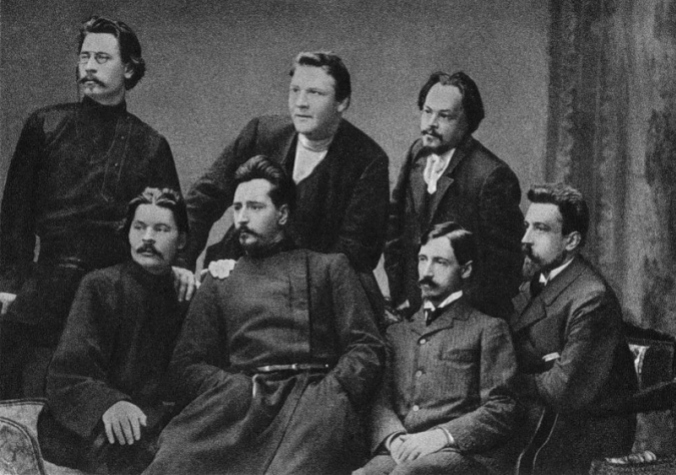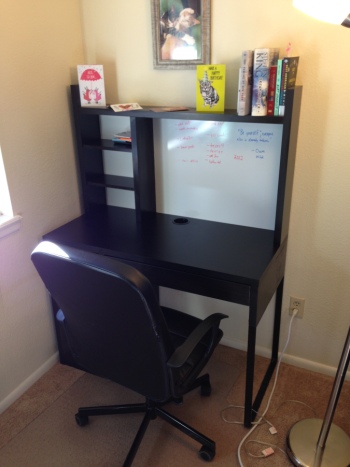
In the mood to read something a little different? Short stories might be just what you’re looking for.
Okay, you know short stories are shorter than novels. But they aren’t just about brevity. They’re also easily digestible, often unconventional, and uniquely indicative of an author’s strengths. Let’s go deep on this topic.
Short Stories Can Be Finished in One Sitting
If you have limited reading time, committing to a novel could prove difficult. It would be like watching a movie thirty minutes at a time. You might even forget who’s who!
Short stories are often designed to be read in one session. If you’re an infrequent or sporadic reader, this spares you confusion when you sit down to read. Plus, you get a new experience every single time you open your book, e-reader, or computer. (Or whatever the kids read on these days.)
Short Stories Defy Conventions
Short stories are generally weirder than long-form narrative. This is due to a couple factors.
First, techniques that might grow tiresome in a longer narrative become more palatable in smaller doses. Examples include second-person narration, atypical point of views, or present tense. It might be difficult to sustain any one of these techniques for a few hundred pages. But in a short story, they provide a refreshing change of pace.
Second, short stories generally require less commercial appeal than novels. Since the readership for short stories isn’t especially large, writers can afford to be a bit zanier than usual. If you enjoy writers pushing the envelope on what a story can be, you’ll enjoy short stories.
Short Stories Showcase a Writer’s Skill
This opinion is completely unfounded and totally based on my own personal feelings. And yes, there are tons of great writers who’ve never written a short story. But I really do feel that someone who writes good short stories is usually a stronger writer than someone who doesn’t.
When you read an author’s short fiction collection, you’ll discover not one great idea, but many. It’s the difference between a hit single and an entire album; sure, you might be able to strike gold once, then make a living off copies of what’s already worked. But those who can frequently diverge from where they started are often far more interesting.
Parting Thoughts
I do hope I’ve convinced you to read some more short stories. If you’re ready to do so, here are some of my favorites. Check them out!
- “The Dowager of Bees” by China Mieville
- “I Can See Right Through You” by Kelly Link
- “The Great Silence” by Ted Chiang (Note: This is one of the only stories I’ve ever read, short or long, that has ever made me cry.)
- “Black Dog” by Neil Gaiman
- “Good Country People” by Flannery O’Connor
- “Sandkings” by George R.R. Martin
- “Escape from Spiderhead” by George Saunders
- “Walkdog” by Sofia Samatar
- “Unbelievable” by Kyle A. Massa (Yes, this is a shameless plug.)















